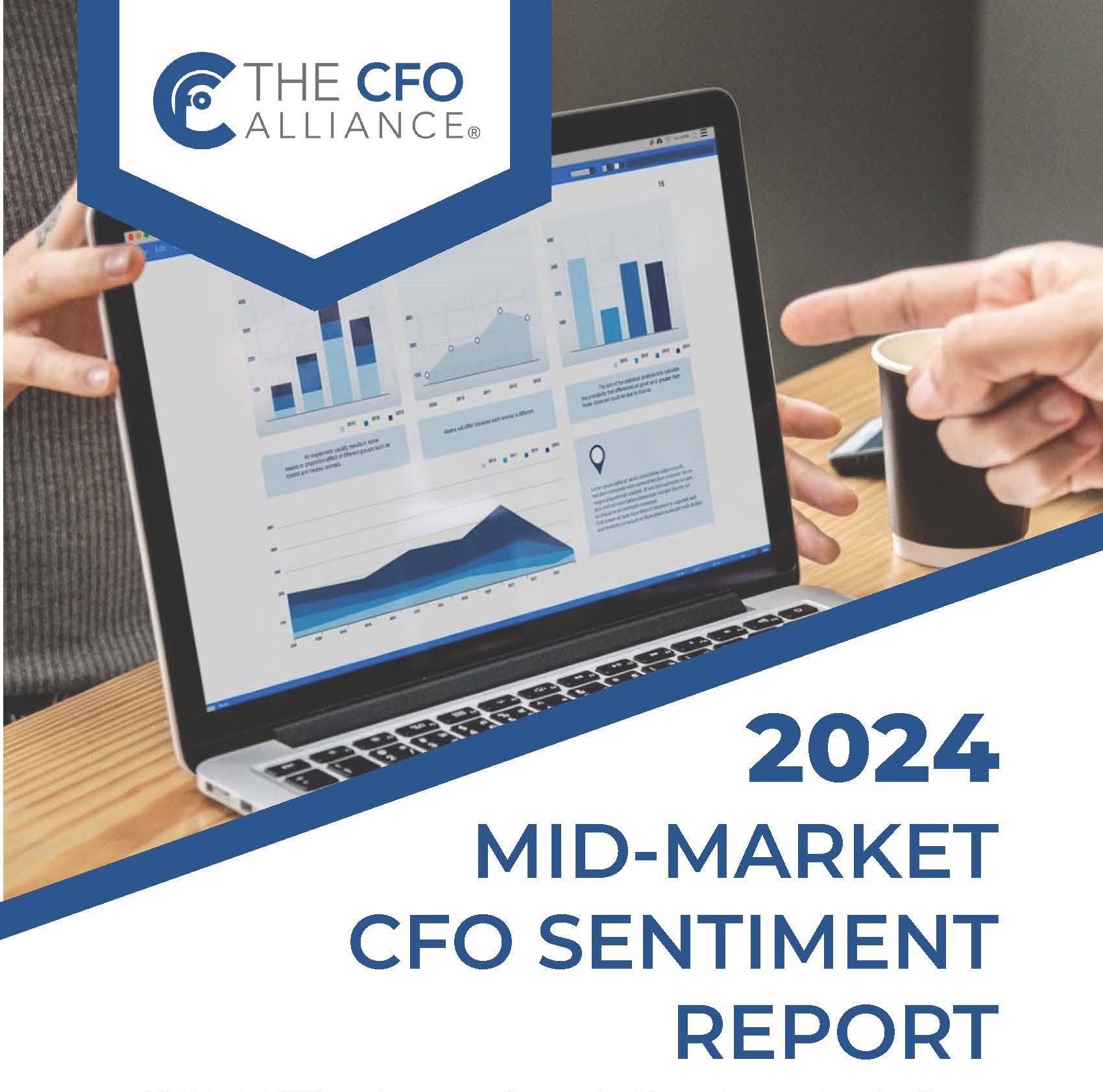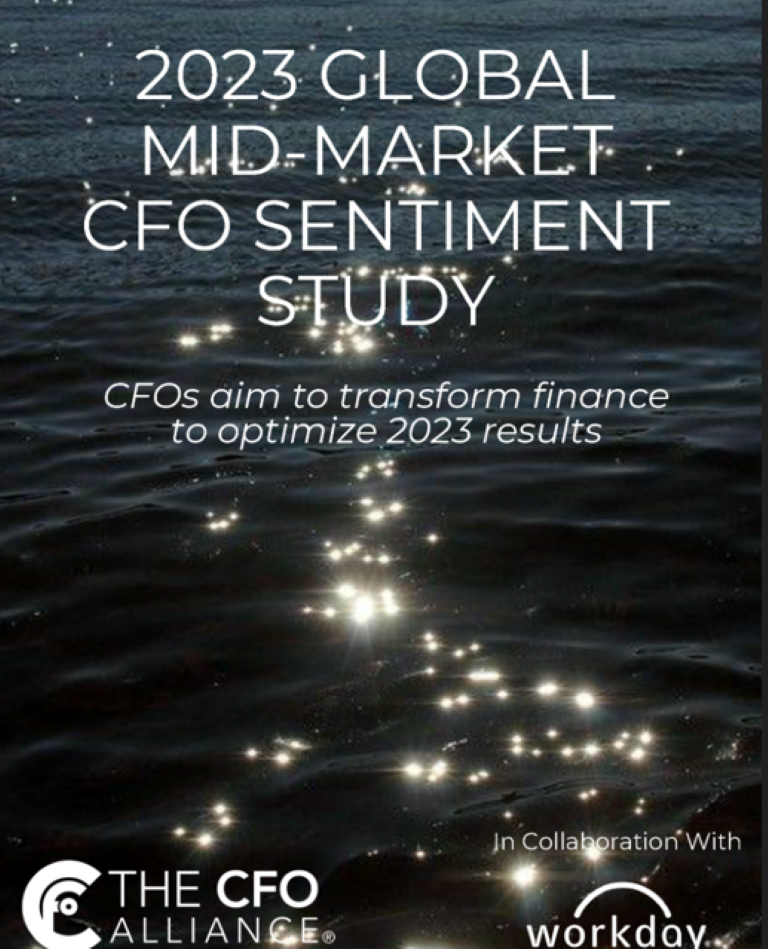Becoming a Human-centered Finance Leader: The Case for Executive Coaches
As social aspects of cultures have evolved, the nature of work and workplaces have undergone change in lock-step on a parallel track. The speed of change has felt near-ballistic.
Catalytic events like the COVID pandemic and fears of AI’s cannibalistic potential have simply compounded employee sentiments about work and leadership that have been brewing for years. A trove of studies have codified workforce voices declaring what’s important. And people are indicating a certain resolve to exercise choices when the time is right.
Never have we seen more data about how employees think and feel. They desire a clear purpose-driven vison, opportunities for personal growth, empathy, connectedness, and authenticity. They want recognition and reward that values their contributions, and they want to work for winner leaders in winner enterprises.
But data that cuts across all industries, business sizes, and functions points to a basket of unmet needs and wants. In Gallup’s 2023 State of the Global Workplace Report, only 23% of workers indicated they were thriving at work and felt engaged. 51% of those workers were watching for or actively seeking a new job. A Qualtrics study indicates that only 38% of new employees who have worked at a company for less than six months plan to stay at their organization for three or more years.
These are just a few facts not only conveying the nature of the problem set but also the sheer scope of it. What many would argue is the most precious of business assets, its employees, has to be considered high risk worthy of prioritized and systematic intervention.
Enterprises adopting talent as a business strategy are stepping up. They are re-framing workforces as an all-inclusive, boundaryless ecosystem, where different types of workers have different needs and make valuable contributions in different ways. They are learning how to optimize hybrid models and re-imagining leadership for better humanistic outcomes. Authoritative hierarchies have softer edges. And skillsets are replacing the old concept of “jobs”.
Focus on Finance
Like other functions across the enterprise, a sharp lens into Finance reveals that leadership development and team-building strategies are proving difficult to implement. For one thing, finance is undercapitalized and understaffed. The complexities and resulting demands on the function have risen exponentially – well beyond other functions. It’s simply hard to do the necessary re-sets and plan ahead when firefighting rules the day and teams struggle with outlooks that often only reach 60-day mark. For some, it’s only 30.
The fixes are many. Upskilling, technologies, good data, processes, and better forward visibility will help. Outsourcing solutions like a managed FP&A service is a very viable option, too. Any automation and solid data feeds that can remove tedium, improve accuracy will unleash the inherent power of teams born and desiring to do more strategically.
But even in a hypothetical world where all those fixes are in place and CFOs are answering more what-if questions than what-happened questions, team members will be left standing and looking for personal guidance and authentic leadership.
According to a major workforce study by Gartner, 90% of HR professionals say that leaders need to operate in a more human way. While this study applied to all leadership roles, the CFO’s journey of continuous improvement would benefit from a self-assessment on the human aspects of leadership style.
While the core function of managing finance remains that of delivering on its functional responsibilities, leading is like the ocean. It’s a deep subject. Leadership is what creates an empowering, high-trust environment enriched with personal communication where people are helped in developing to their fullest potential and becoming the best versions of themselves. This Gartner model lays out core attributes of human leadership.
A compelling truth is that finance team members have a lot to do with (and even part responsibility for) enabling the outcomes they desire through their own creativity, initiative, and commitment. But what’s better than a tough-love approach in making them realize this is when talent management becomes a strategy. The practice of listening and guiding that inspires passion and performance will help them realize that on their own better and faster.
Getting There
Personal leadership development is not a go-it-alone mission. Finance functions succeed through the people inside of it. And with functional efficiency and performance hanging in the balance of a CFO’s ability to lead, an executive coach can make a world of difference in acquiring, refining and putting human-centered skills into practice. Executive coaches take a holistic view of personal and business development. They see a system end-to-end and how it can be better served by better leadership.
AchieveNEXT
Discovery, analysis, and actioning human-centered leadership begins by contacting an experienced executive coach from AchieveNEXT. As a tightly integrated sister company of The CFO Alliance, they well understand the demands and the potential of the CFO role. They know the issues – both the business side and the human side – and how they interrelate. They bring exceptional capabilities in leadership development, organizational alignment, business effectiveness, and the know-how needed to build growth cultures.
Think of executive coaches as both personal and business performance boosters. And they can help CFOs develop soft skills to the same level that they know numbers.



